Climate science
-
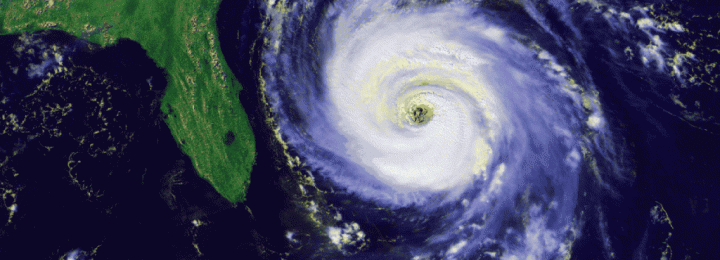
A recent article from Florida State University looks back at the 2017 hurricane season and discusses what, if anything, it can tell us about how a warmer climate in the future might affect the hurricanes that hit the Southeast. The short answer is that the number of hurricanes does not seem to be affected but…
-
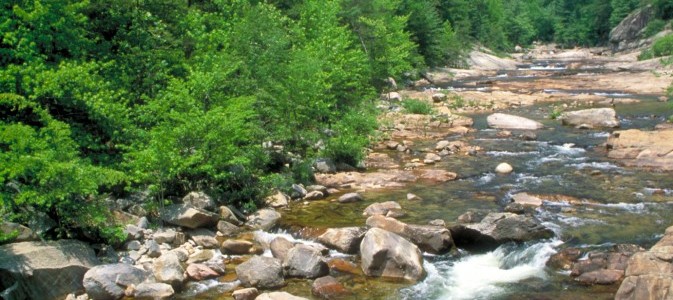
It’s well known that in a drought, trees near the tops of hills are more likely to die than trees farther down the hill. This is because water runs downhill, and whatever water is captured in the dry conditions is more likely to be stored in valleys. The water table also drops more steeply in…
-

Winter is on the way across the US and will soon come to the Southeast too. Before the bad weather hits, be prepared for whatever might come your way. The National Weather Service has a great website with a lot of information on winter weather and how you can get ready for it at https://www.nws.noaa.gov/os/winter/. Now…
-
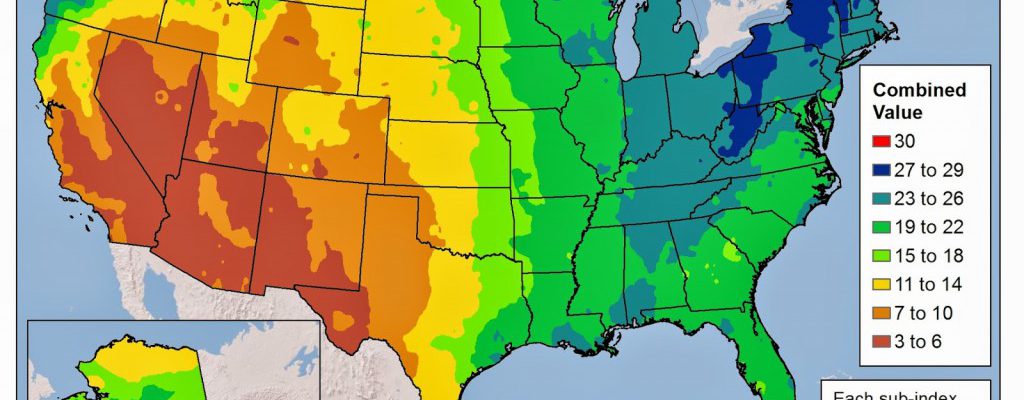
According to my friend John Feldt of Blue Water Outlook, we are entering the time of year which is historically the cloudiest for the majority of the United States. Where I grew up in Michigan and Wisconsin, late fall and early winter was typically the cloudiest, in part due to the passage of frequent low…
-
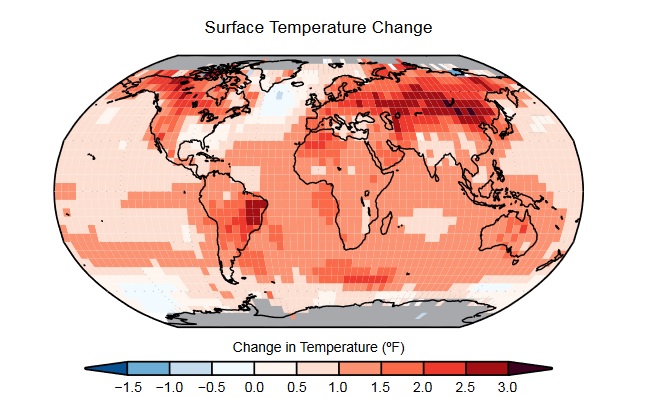
A massive new report published by the federal government on Friday looks at causes of warming climate and concludes that it is mainly caused by humans rather than due to natural causes like solar variability. As you can imagine, there have been a number of stories published in the news describing these results. Here are…
-

The Washington Post published a hopeful article earlier this week about the ozone hole over Antarctica, which has been shrinking ever since chlorofluorocarbons (CFCs) and related chemicals were banned from use as refrigerants. This year the ozone hole is the smallest it has been since 1988. It was the largest in 2000. The presence of…
-
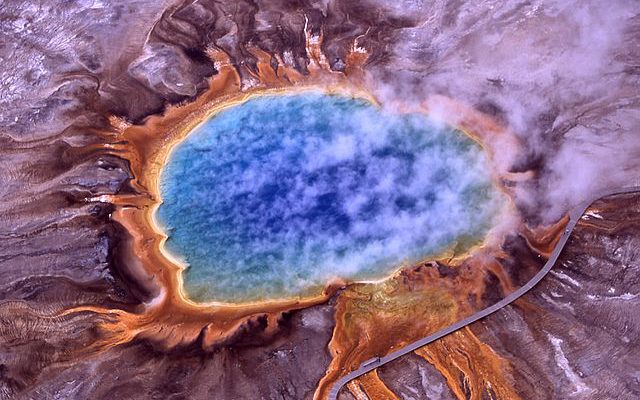
EarthSky has an interesting report today based on some research that was reported this week at the Geological Society of America’s annual meeting in Seattle on climate impacts of the Yellowstone volcanic eruptions that took place 630,000 years ago. The study showed that there was not one but two closely-spaced eruptions that sent out a…